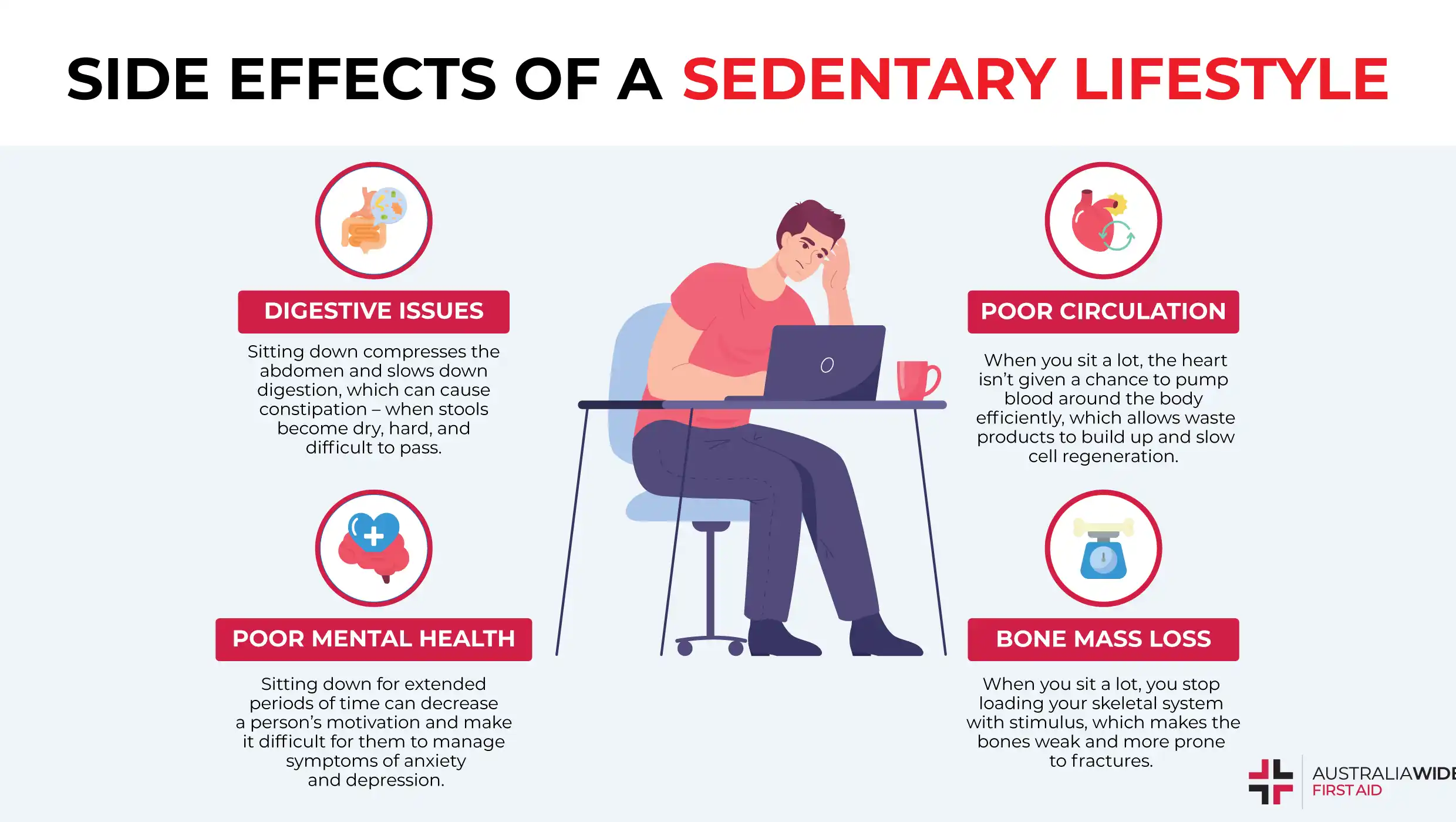10 Essential Tips for Healthy Aging
Mia Wilson
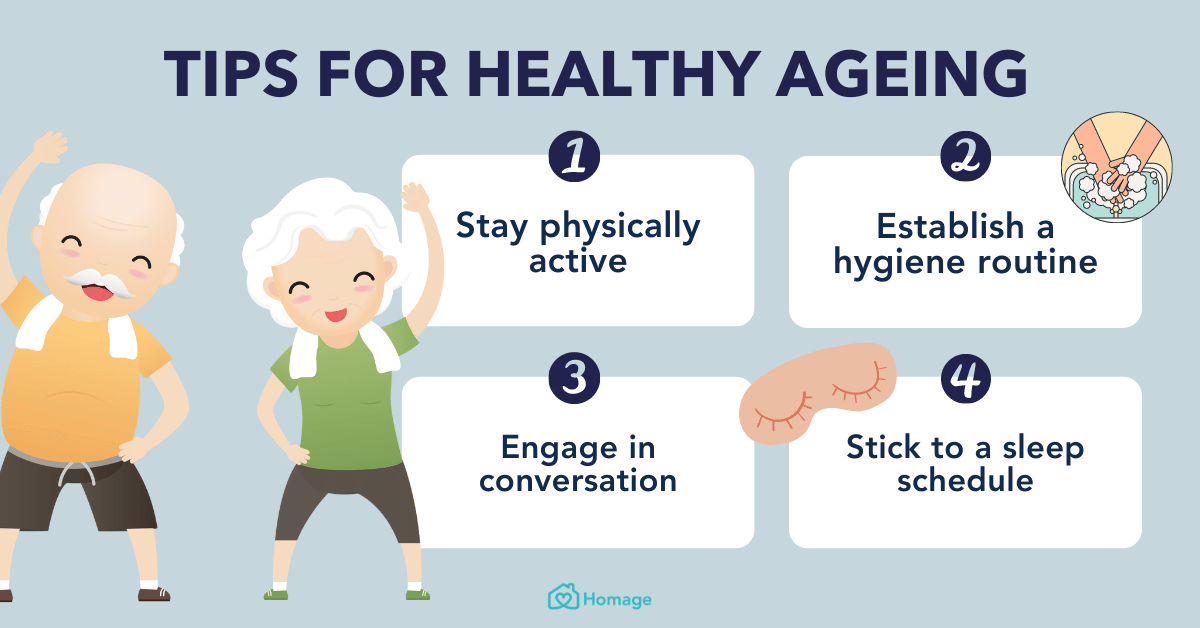
Photo: 10 Essential Tips for Healthy Aging
10 Essential Tips for Healthy Aging
Aging is a natural part of life, yet maintaining good health as we grow older requires conscious effort. With increasing life expectancy, more people are seeking ways to stay fit, active, and mentally sharp well into their senior years. Whether you're already in your golden years or planning for a healthier future, following evidence-based strategies can greatly improve your quality of life. In this article, we'll explore 10 essential tips for healthy aging that cover physical, mental, and emotional well-being.
Understanding the Concept of Healthy Aging
Healthy aging goes beyond simply living longer it focuses on preserving physical health, maintaining mental clarity, and fostering emotional balance. While genetics play a role, lifestyle factors such as diet, exercise, social connections, and mental stimulation have a significant impact on how well we age. Below are ten actionable tips to help you navigate this journey with grace and vitality.
1. Stay Physically Active
One of the key pillars of healthy aging is regular physical activity. Exercise helps maintain muscle mass, boosts cardiovascular health, and enhances flexibility and balance, which can prevent falls. The CDC recommends at least 150 minutes of moderate aerobic activity per week, combined with muscle-strengthening exercises twice a week.
Tips for staying active:
- Engage in activities you enjoy, such as walking, swimming, or dancing.
- Incorporate strength training and balance exercises to reduce the risk of injuries.
- Set achievable goals to stay motivated.
2. Eat a Balanced, Nutrient-Rich Diet
A healthy diet plays a crucial role in promoting longevity and reducing the risk of chronic diseases. Consuming a variety of nutrient-dense foods ensures that your body gets the vitamins and minerals it needs to function optimally.
Key dietary tips:
- Focus on whole grains, lean proteins, fruits, and vegetables.
- Include healthy fats, such as those from nuts, seeds, and olive oil.
- Stay hydrated by drinking plenty of water throughout the day.
- Limit processed foods, sugar, and excessive salt intake.
3. Prioritize Mental Health
Mental health is just as important as physical health when it comes to aging well. Depression, anxiety, and loneliness can negatively impact overall well-being. Engaging in activities that stimulate the mind and promote positive emotions can greatly enhance your mental health.
Ways to support mental well-being:
- Stay socially connected with family and friends.
- Practice mindfulness or meditation to reduce stress.
- Challenge your mind with puzzles, reading, or learning new skills.
4. Get Quality Sleep
Sleep is essential for physical and cognitive health. Poor sleep has been linked to various health problems, including memory issues, weakened immunity, and increased risk of chronic diseases.
Improving sleep quality:
- Maintain a consistent sleep schedule.
- Create a calming bedtime routine to signal your body that it’s time to rest.
- Avoid caffeine and heavy meals close to bedtime.
- Ensure your sleeping environment is comfortable and free from distractions.
5. Stay Socially Engaged
Social interaction is vital for emotional health and cognitive function. Studies have shown that people who maintain strong social networks are at a lower risk of developing dementia and depression.
Tips for staying connected:
- Join clubs or groups that share your interests.
- Volunteer in your community to meet new people and stay active.
- Use technology to keep in touch with distant friends and family.
6. Manage Chronic Conditions Effectively
As we age, the likelihood of developing chronic conditions, such as diabetes, hypertension, or arthritis, increases. Proper management of these conditions is essential to maintaining a high quality of life.
Strategies for managing chronic illnesses:
- Regularly consult healthcare professionals and follow their advice.
- Take prescribed medications as directed.
- Adopt a healthy lifestyle to mitigate the impact of these conditions.
7. Keep Your Brain Active
Keeping your brain engaged is a key aspect of healthy aging. Cognitive decline can be slowed by regularly stimulating your mind with challenging activities.
Brain-boosting activities:
- Play strategy games like chess or sudoku.
- Learn a new language or musical instrument.
- Engage in creative activities, such as writing or painting.
8. Maintain a Healthy Weight
Maintaining a healthy weight can reduce the risk of numerous age-related diseases, including heart disease, diabetes, and certain cancers. It also helps ease the strain on joints, improving mobility and overall comfort.
Practical advice for weight management:
- Monitor portion sizes and avoid overeating.
- Combine regular exercise with a balanced diet.
- Seek support from a nutritionist if needed.
9. Avoid Harmful Habits
Certain habits can accelerate aging and increase the risk of health problems. Quitting smoking and limiting alcohol consumption are two of the most impactful changes you can make.
Tips for breaking harmful habits:
- Seek professional help or join support groups if necessary.
- Replace unhealthy habits with positive ones, such as exercise or hobbies.
- Reward yourself for milestones achieved during your journey to healthier habits.
10. Regular Health Screenings and Preventive Care
Preventive care and regular health check-ups are essential for catching potential health issues early. Staying on top of vaccinations and screenings can help you address concerns before they become serious problems.
Common screenings for older adults:
- Blood pressure, cholesterol, and blood sugar checks.
- Cancer screenings (e.g., colon, breast, and prostate).
- Bone density tests to assess the risk of osteoporosis.
- Eye and hearing exams to maintain sensory health.
Final Thoughts on Healthy Aging
Healthy aging is a multifaceted approach that involves taking care of your body, mind, and emotional well-being. By incorporating these ten essential tips into your daily routine, you can enhance your quality of life and increase your chances of living a long, healthy, and fulfilling life.
Remember, it’s never too late to make positive changes. Start with small, manageable steps, and gradually build a lifestyle that supports healthy aging. Consulting healthcare professionals for personalized advice can further improve your outcomes.
For more detailed information on maintaining health and wellness as you age, visit reputable resources like the National Institute on Aging or speak with a certified health expert.
By staying proactive and informed, you can make the most of your golden years, embracing each new chapter with vigor and joy.
For You
View AllLearn the online car buying process and how to secure the best deals with ease. Get expert tips for a safe and smart purchase!
Mia Wilson
Unpack the meaning of education, its significance, and its role in transforming lives. Explore its essence today!
Mia Wilson
Understand Euro 6 emission standards and their impact on car manufacturing and air quality. Stay informed on environmental policy!
Mia Wilson
Find out the best websites for unbeatable budget travel deals. From flights to hotels, save big on your next trip!
Mia Wilson
Unlock effective strategies to meet your greenhouse gas reduction targets. Discover actionable tips and insights to make a real impact. Read now!
Mia Wilson
Uncover the dangers of prolonged inactivity on your health. Learn how to stay active and prevent health risks. Read more now!
Mia Wilson
Health
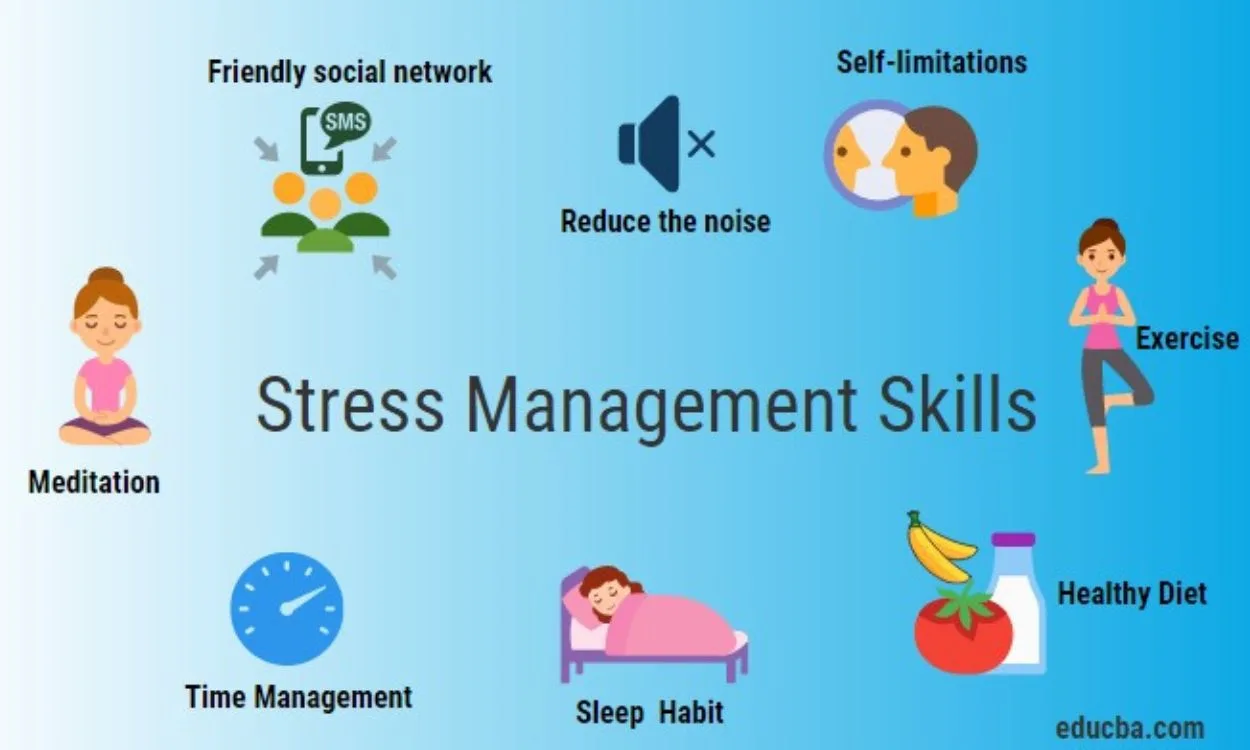


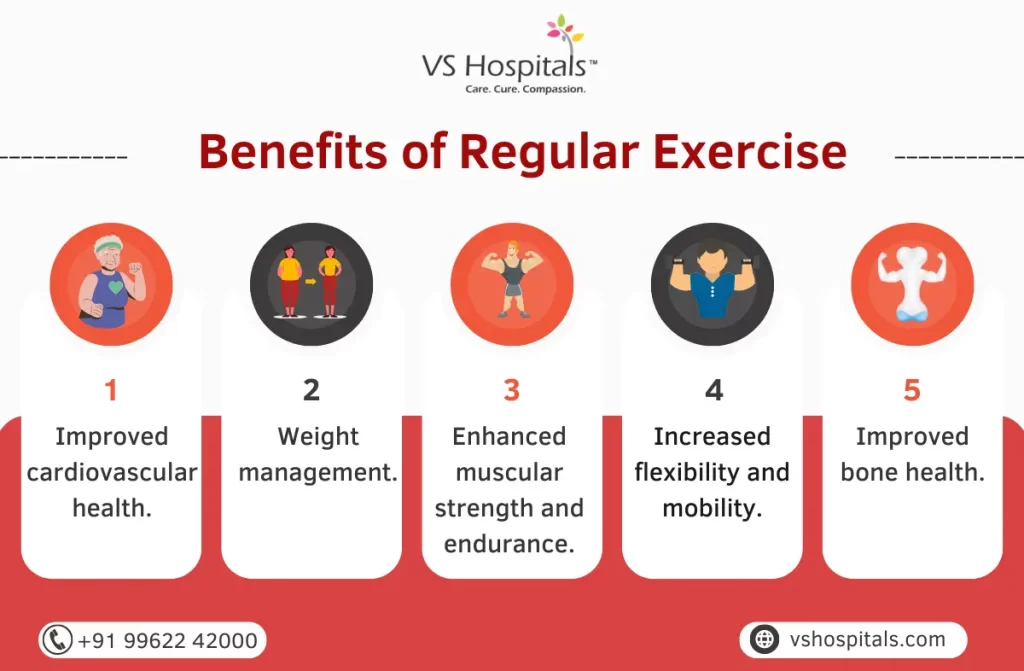


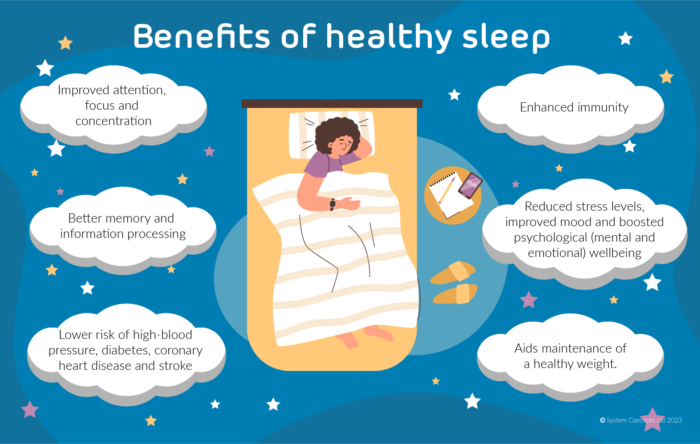


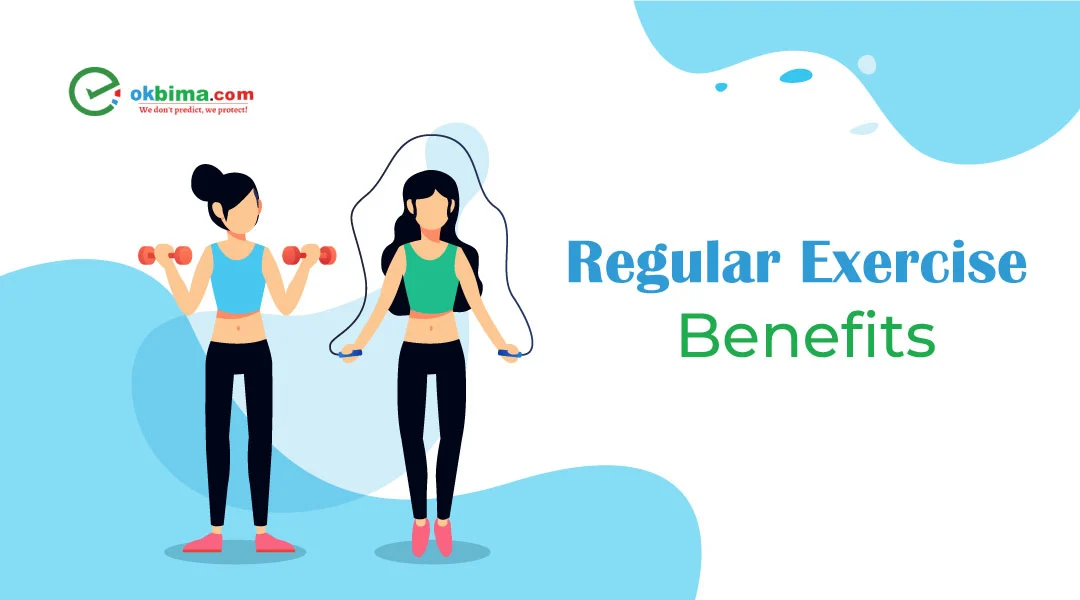
Education
View All
May 27, 2025
What Is Brown vs. Board of Education?
Explore the historic Brown vs. Board of Education case, its impact on civil rights, and its legacy. Learn why it matters today!

May 10, 2025
What Is Character Education?
Discover the importance of character education in schools and how it fosters ethical and emotional development. Learn more now!

April 25, 2025
Why Is Physical Education Important?
Learn why physical education is essential for health, academics, and personal growth. Get inspired to stay active!





